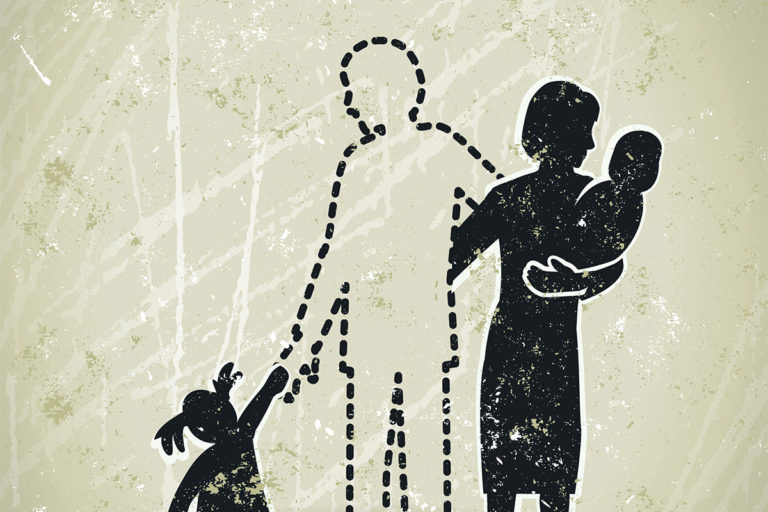March 16th, 2022
FAQs About Adult Guardianship
Posted in: Family Law Featured Tagged: Julie B. Christopher
Author: Julie B. Christopher

It can be very hard to know how to help loved ones as they age and become increasingly dependent on others to maintain their lifestyle and independence. Many adults are confronted with how to best care for aging parents and the challenges faced when those parents struggle to maintain their independence at the expense of physical or financial safety. This can be complicated when adult children are not living close to their aging loved ones so they do not have the assurance of seeing these vulnerable people as often as they would like. It is not unusual that seniors want to remain in their home as they age, and this can be a challenge if their best form of support lives miles away. As adult children often take on more responsibilities and oversight for a vulnerable loved one, how do they know where to start?
In an ideal situation, parents and their adult children have discussed how to best help and support each other using legal documents such as powers of attorney, health care directives, and estate planning documents; that can be a source of comfort and aid to the family, as well as providing a roadmap of the vulnerable person’s wishes. Good planning prepares for that possibility and considers whether alternatives are needed. But what happens when life gets in the way of good planning? Oftentimes, the answer is guardianship.
What is Guardianship?
Even when families have been diligent in their planning, a guardianship may still be required when a vulnerable person is in a position to be financially exploited and/or may need additional medical support then they can provide for themselves. In Maryland, a guardianship can involve the personal and/or financial decisions that need to be made on behalf of someone because the individual lacks the capacity to handle their own affairs or make financial, healthcare, or legal decisions on their own.
Guardianship Over a Person
When a guardianship is over a person (called a Ward), the guardian is responsible for making all the decisions for the Ward. These responsibilities include ensuring safe and proper housing, maintaining social relationships, making medical decisions, and generally overseeing all aspects of the person’s care and well-being. This means that a loved one who is in an untenable housing situation (think hoarding, unsanitary, or unsafe) can be placed in a proper environment. It also means that the Ward’s medical decisions can be made, medications can be ordered, and frank and transparent conversations with medical providers can occur for the benefit of the Ward’s health.
Guardianship Over Property
Guardianships of property ensure the financial needs of the Ward are met. The guardian becomes responsible for managing the Ward’s finances. Bills get paid, and financial exploitation stops. Financial assets are protected. People often pursue guardianship to create stability for their loved ones. One of the most significant benefits is that a guardianship acts as notice to the world that the person cannot enter a binding contract.
Oversight
The court’s role is to determine whether a guardianship is required or if a less restrictive means exist. If guardianship is necessary, who is the best suited person for the role? The court remains involved for as long as the guardianship is in place.
After appointment, the guardian must file an annual report as to the health and well-being of the Ward, reporting any change from one year to the next.
The guardian must also keep excellent records to account to the court each year, as an annual fiduciary filing is required to identify all transactions made by the guardian; all income by the Ward must be reported as well. All transactions are scrutinized, and the accounting must be approved. These requirements are designed to ensure the safety and well-being of the Ward in Maryland. The court is always the ultimate guardian, retaining the authority to remove a guardian that is not acting in the Ward’s interests.
In addition to aging family members, sometimes parents of adult children are interested in guardianships when the adult child struggles with addiction issues or significant mental health issues.
Guardianships are not a panacea, and they have limitations. A guardianship of the person will not allow the guardian to force the Ward to take psychotropic medications or be admitted into a mental institution or drug rehabilitation program. The court may limit a guardian’s ability to sell property. A guardian cannot make changes to a will without express permission from the court. Typically, a guardian is required to post a bond, which acts as another layer of protection for the Ward. Lastly, for parents of adult children, they may hope that guardianship will allow the person to remain in a decision-making role into adulthood. It does not.
The Maryland Courts have made a concerted effort to demystify the role and obligations of guardianship, including the Maryland Courts’ video series on guardianship https://mdcourts.gov/video/selfhelp/adult-guardianship-introduction-adult-guardianship.
If you have questions about the process or obligations of guardianship, contact our team of family law attorneys.







